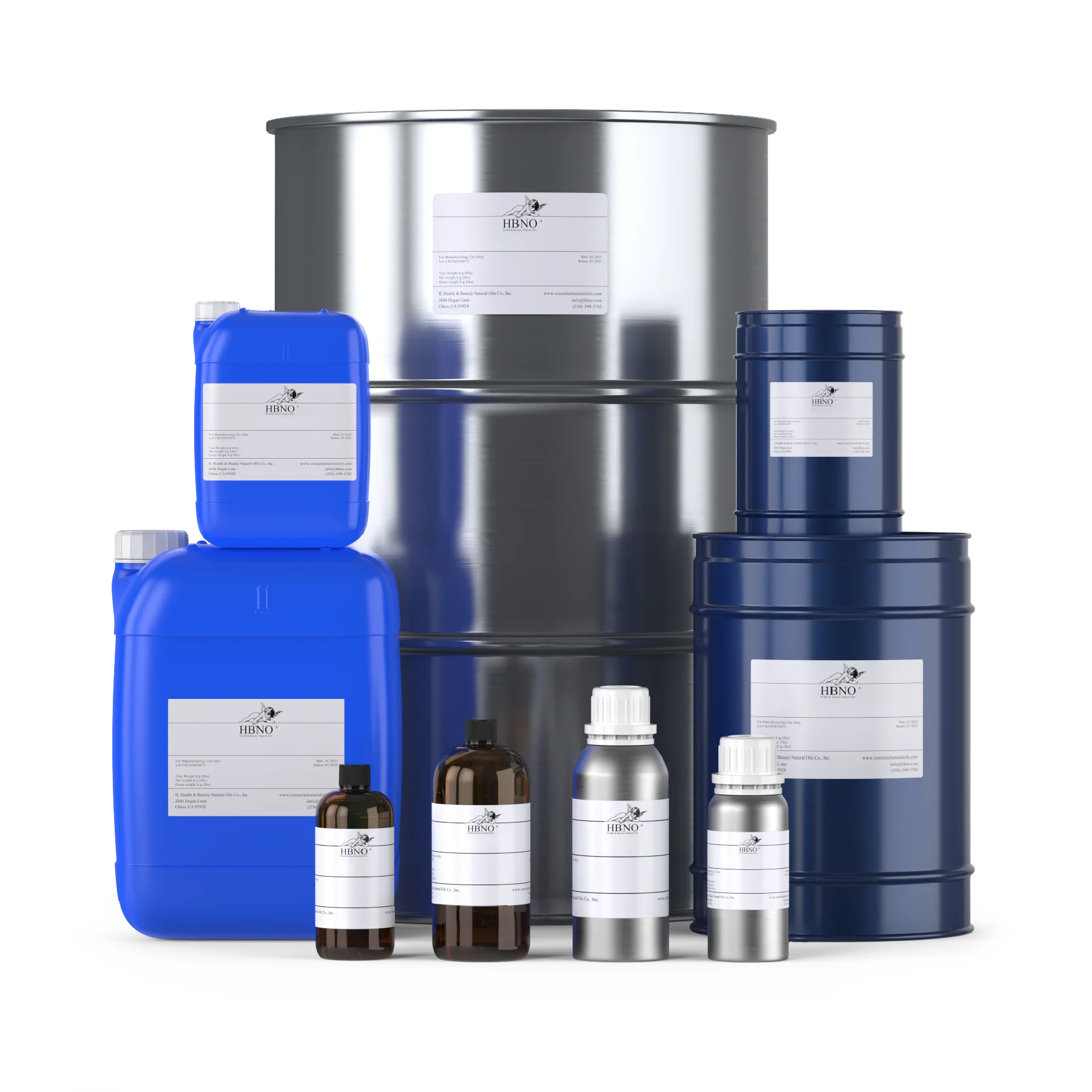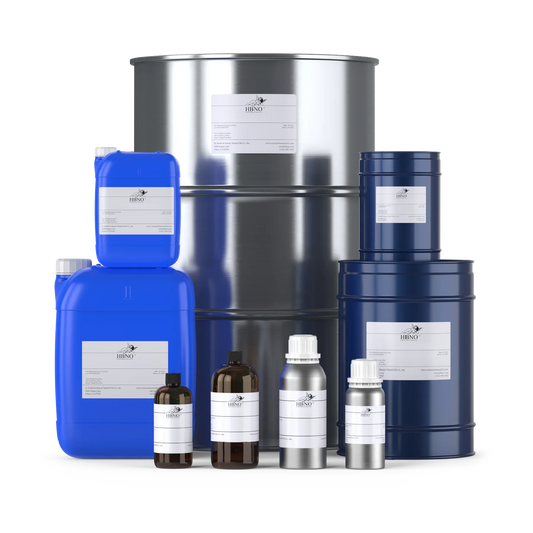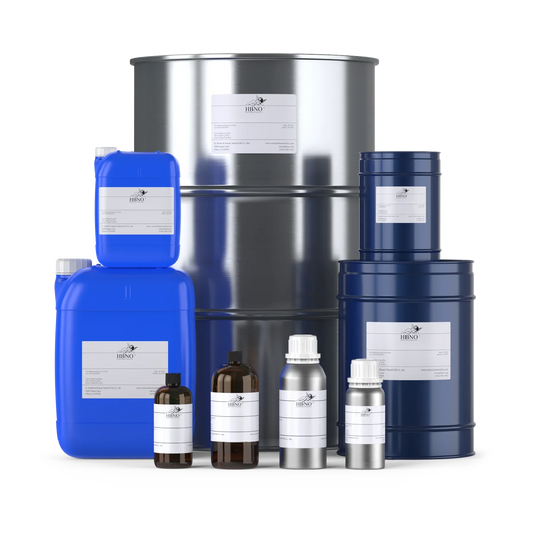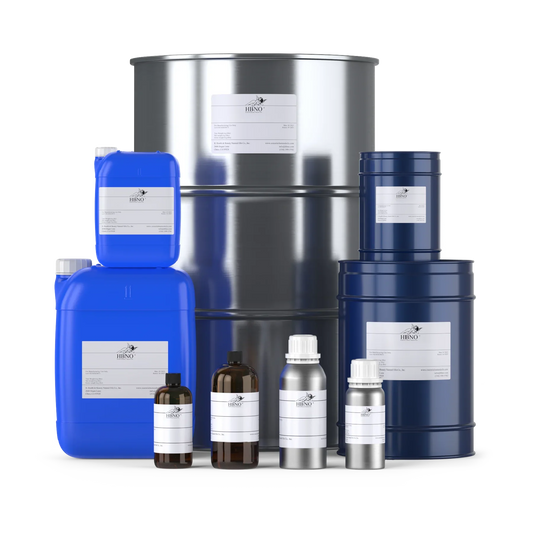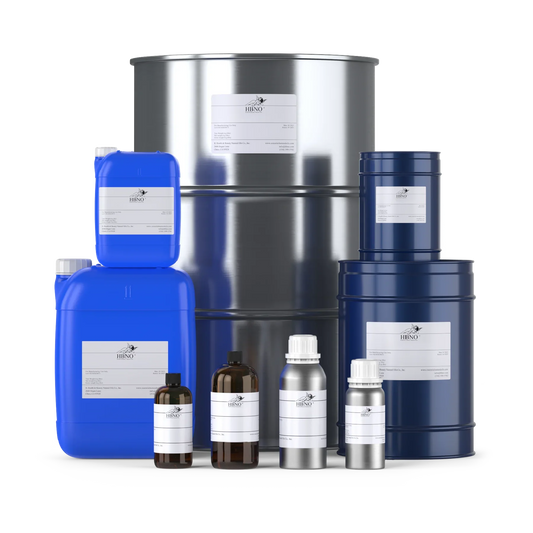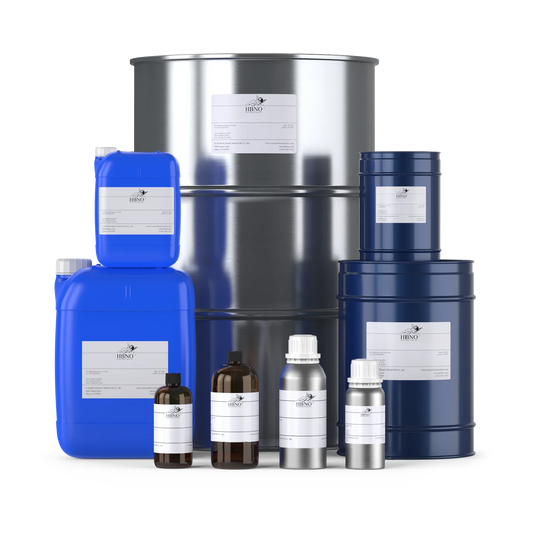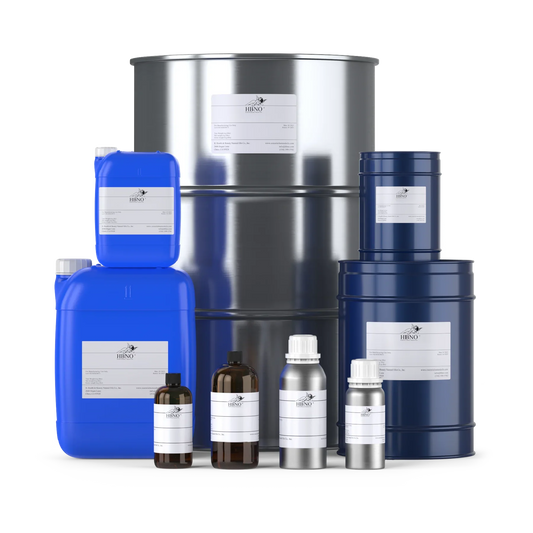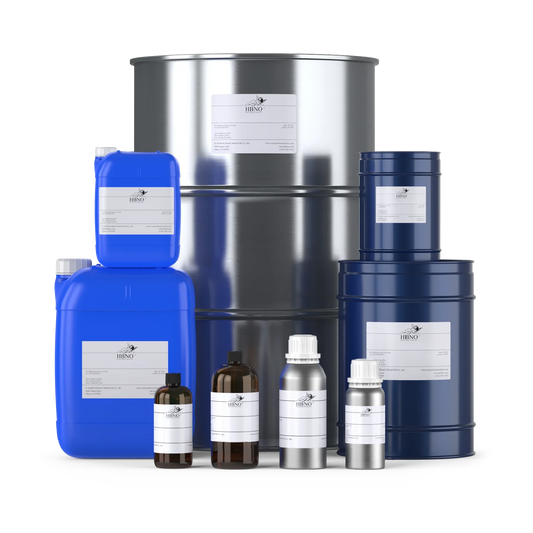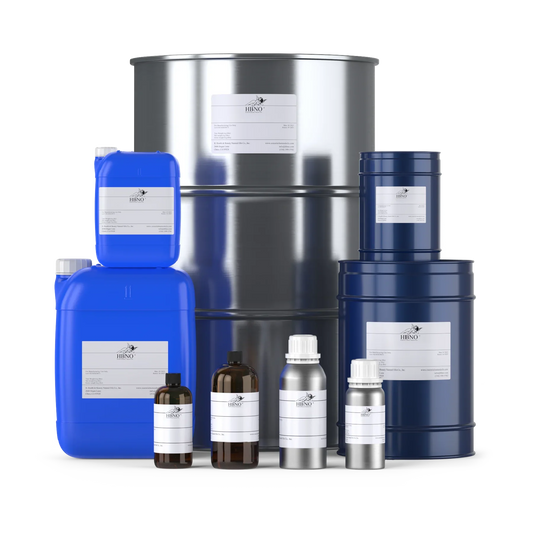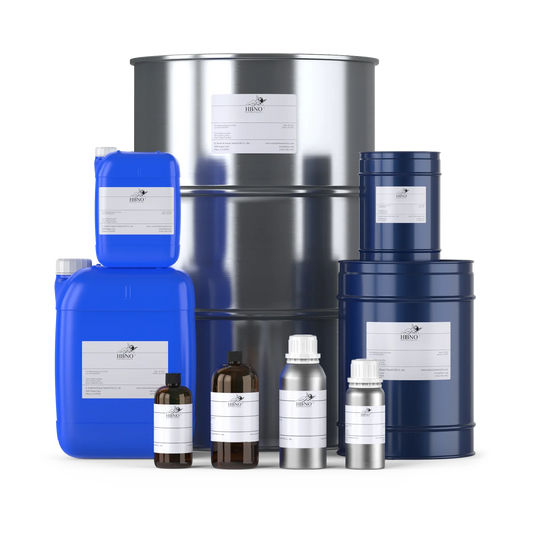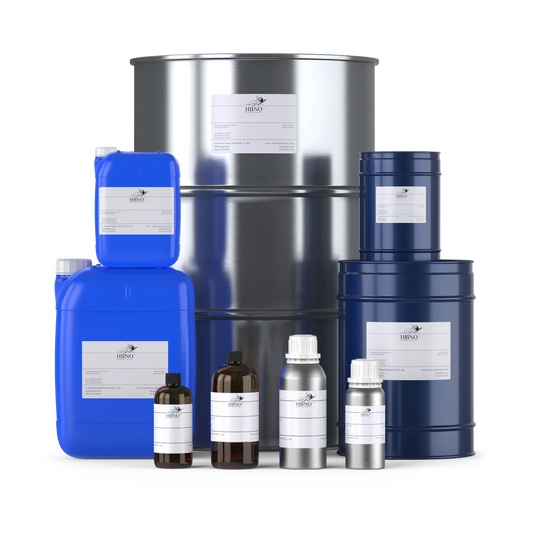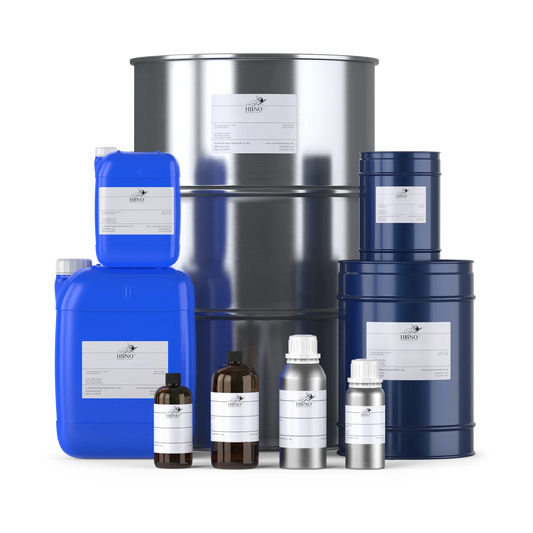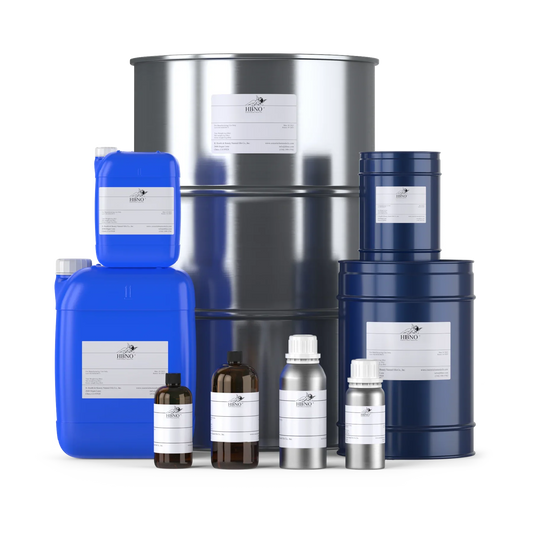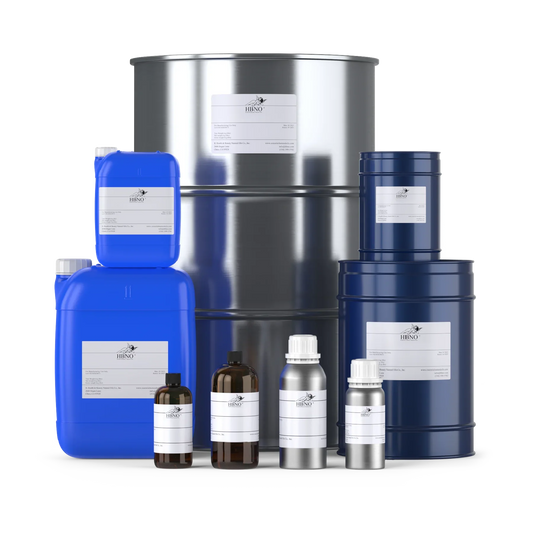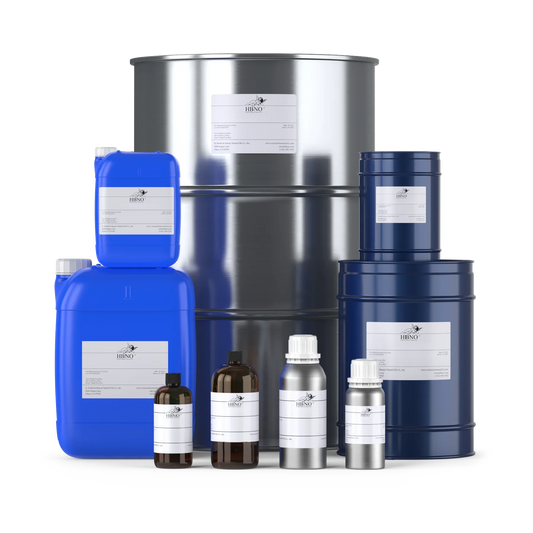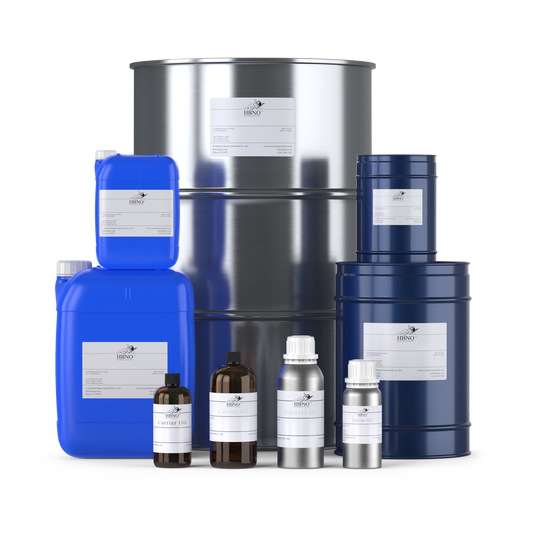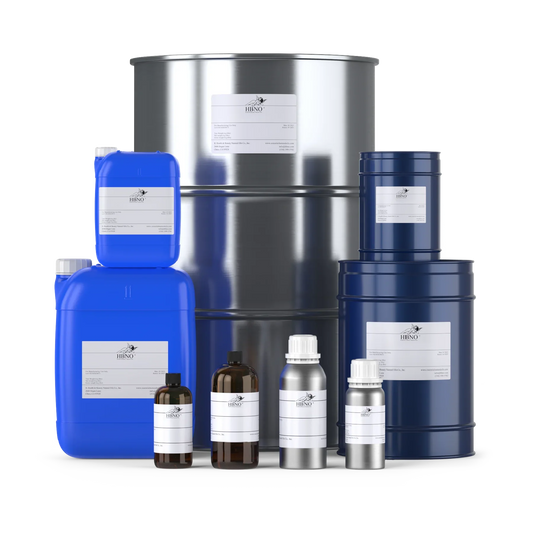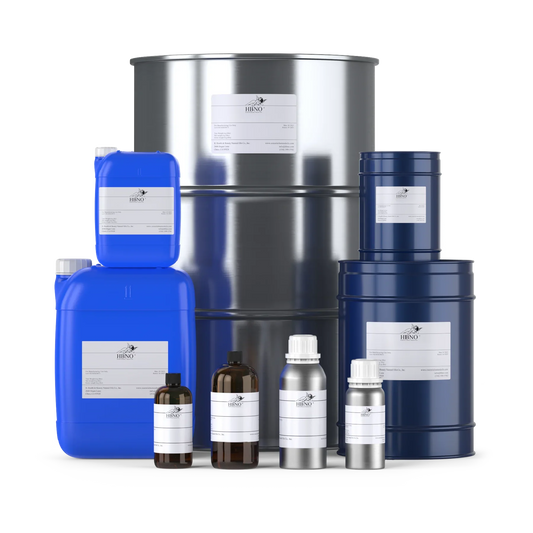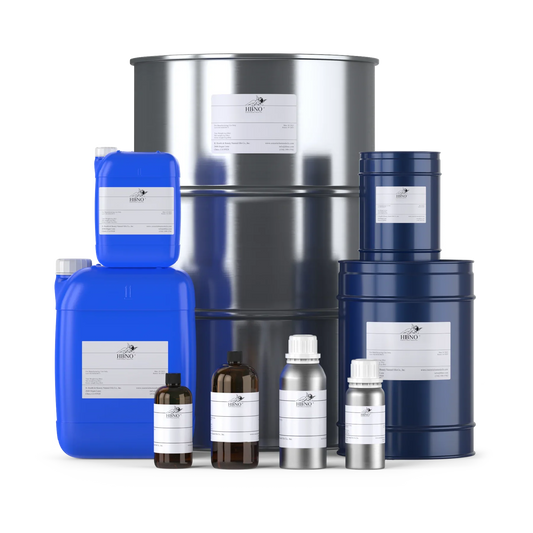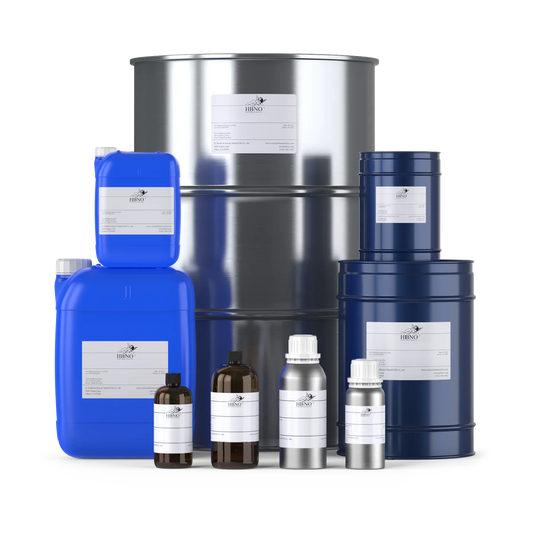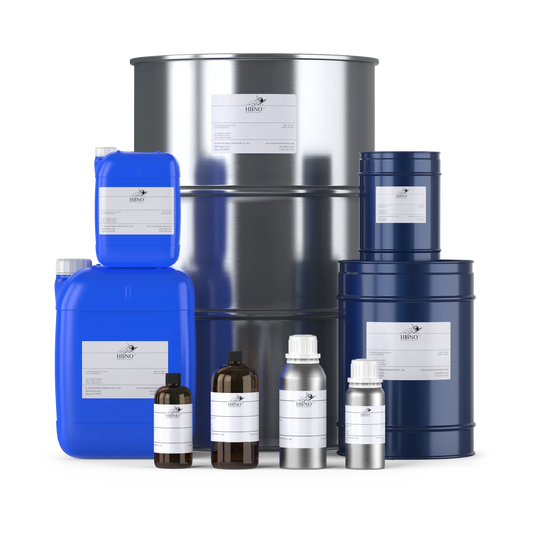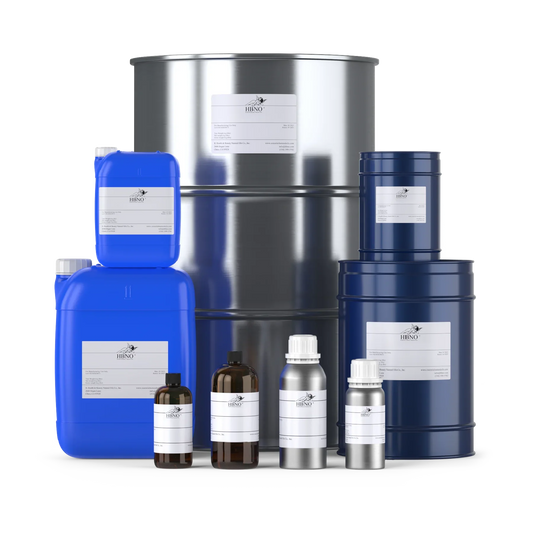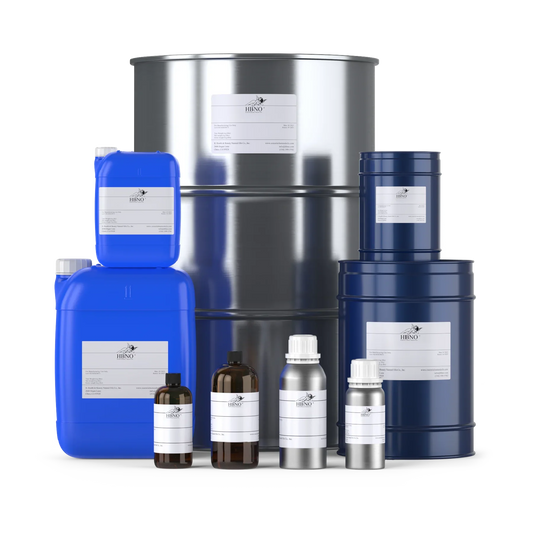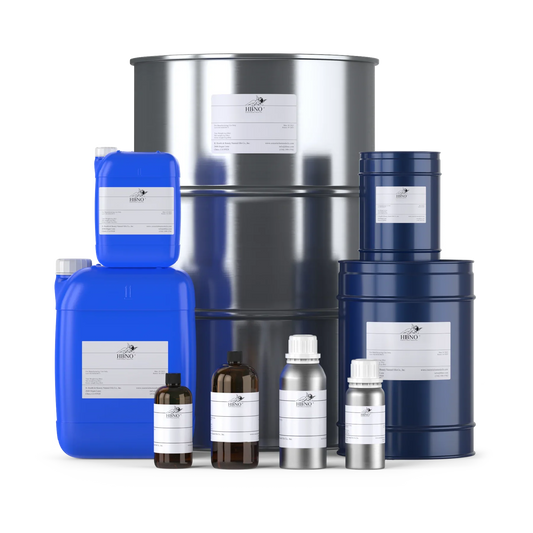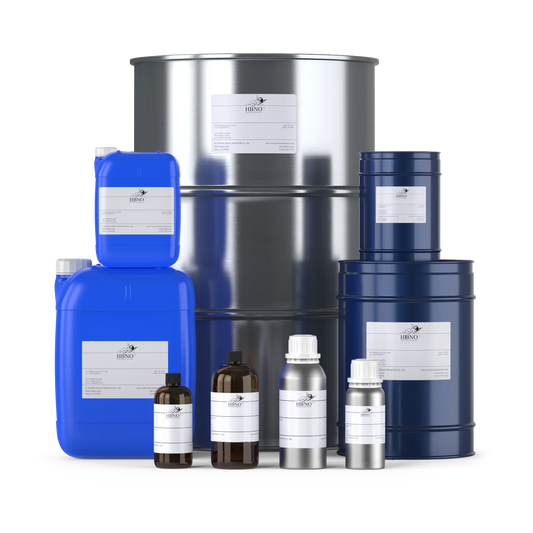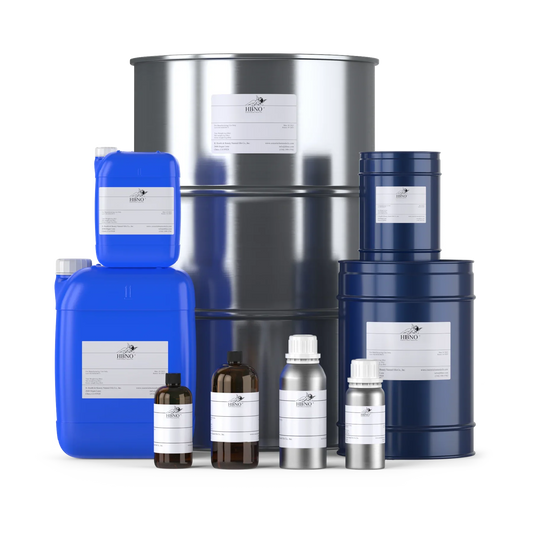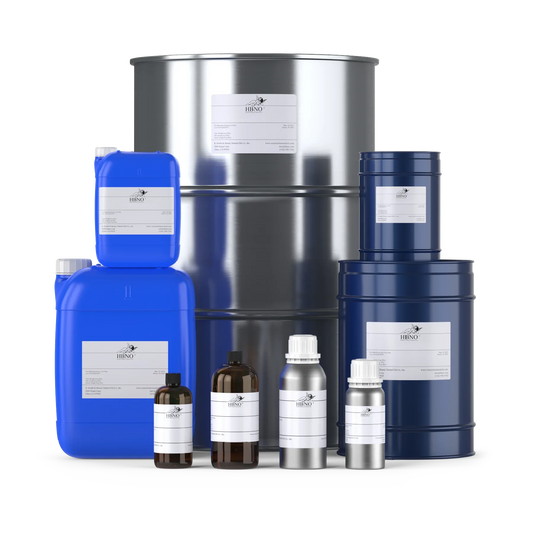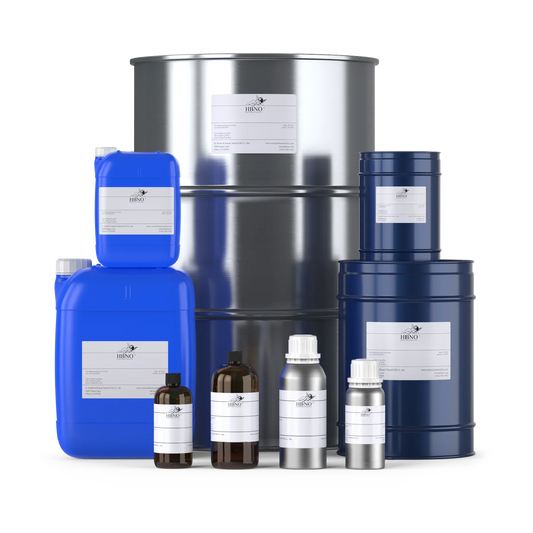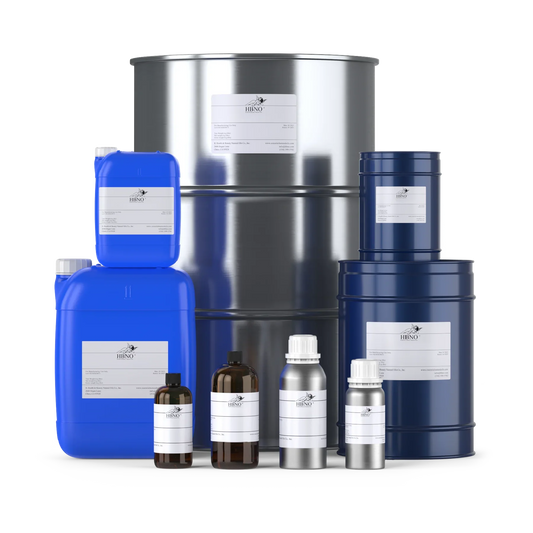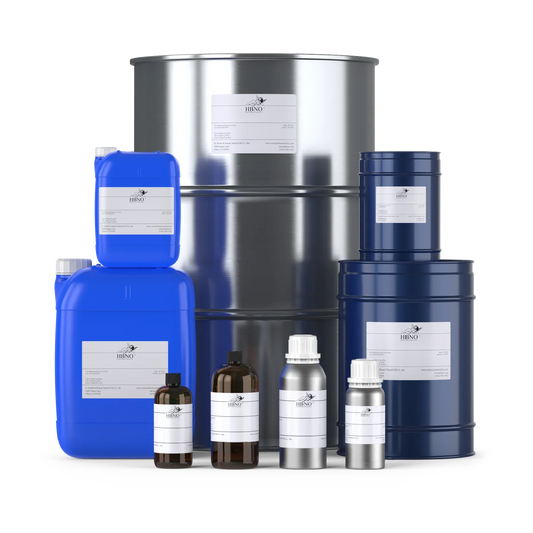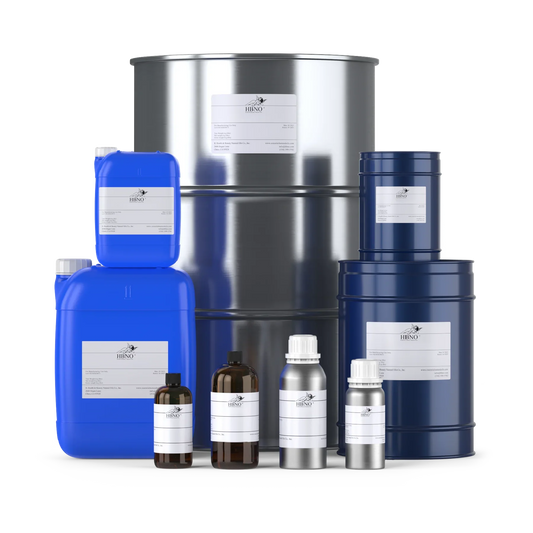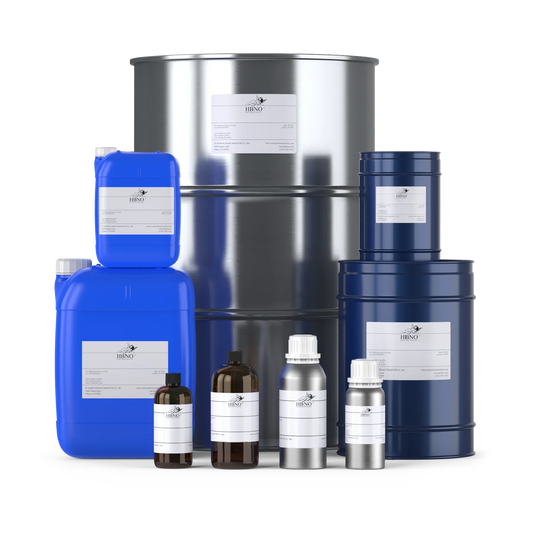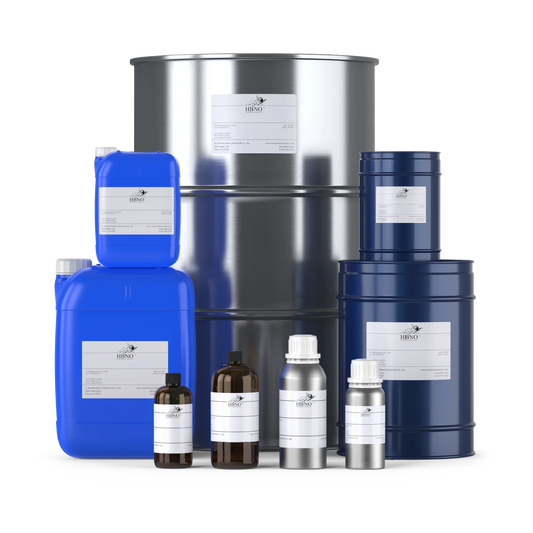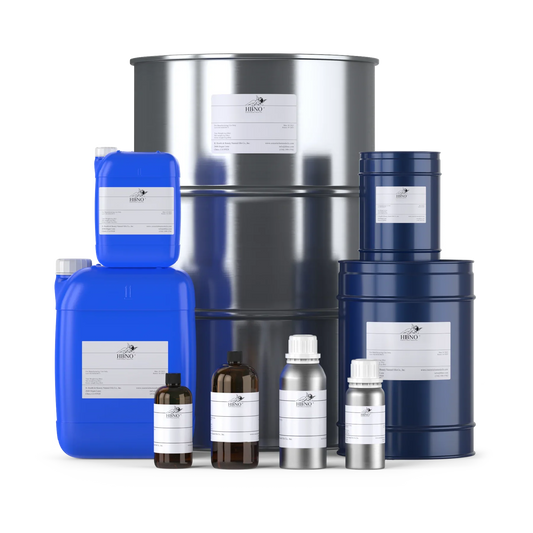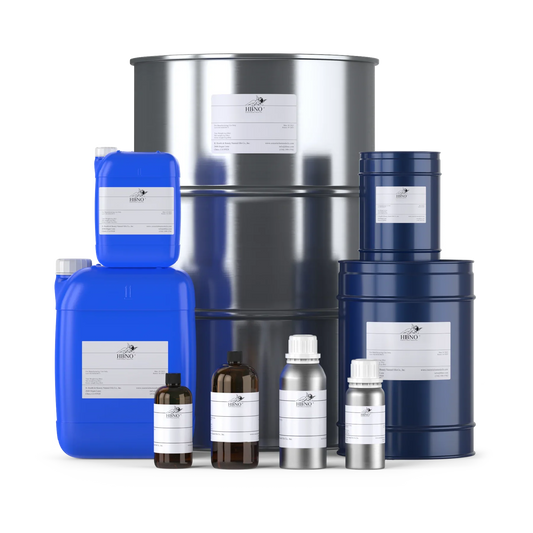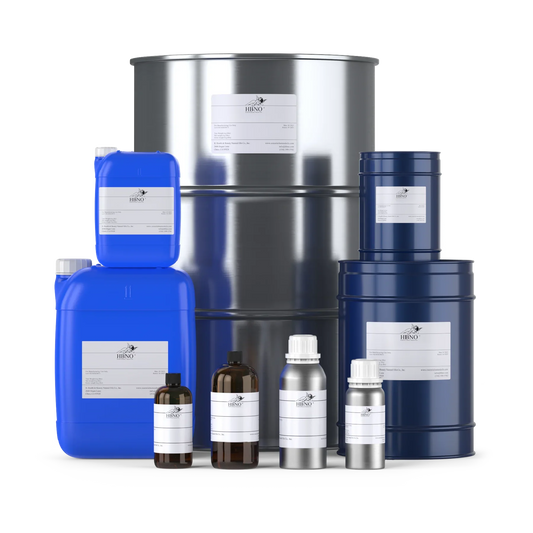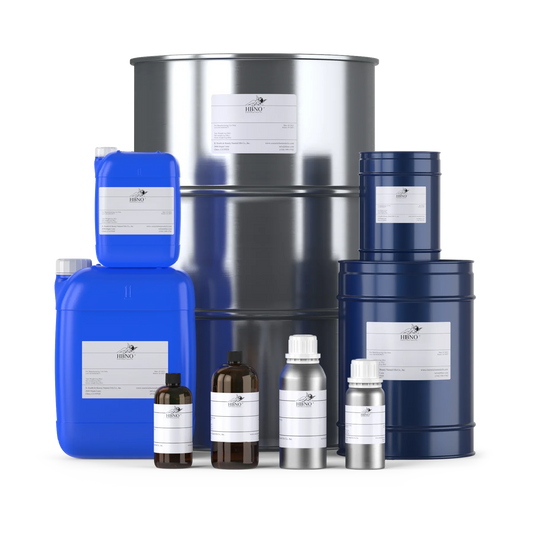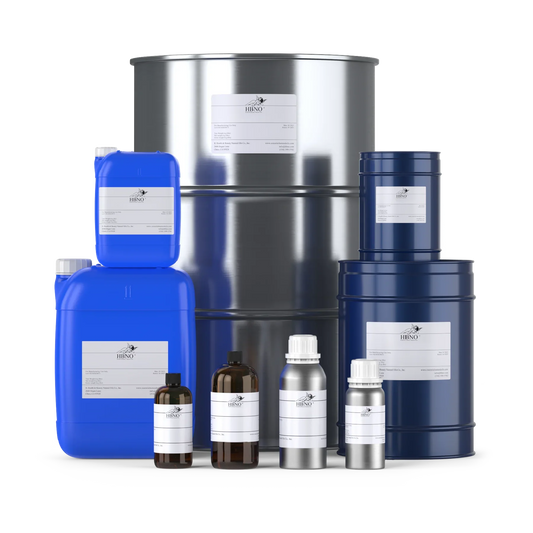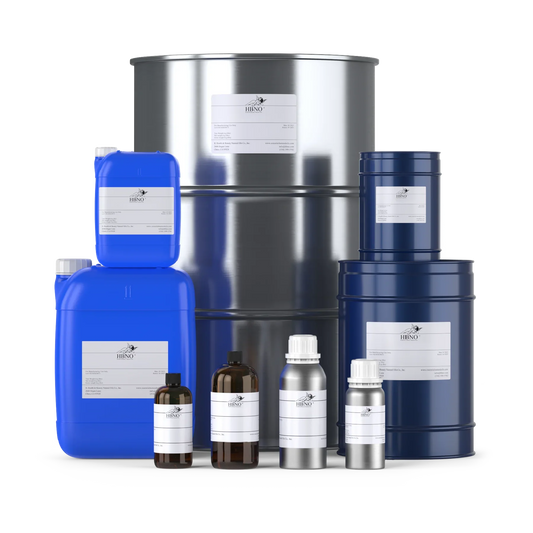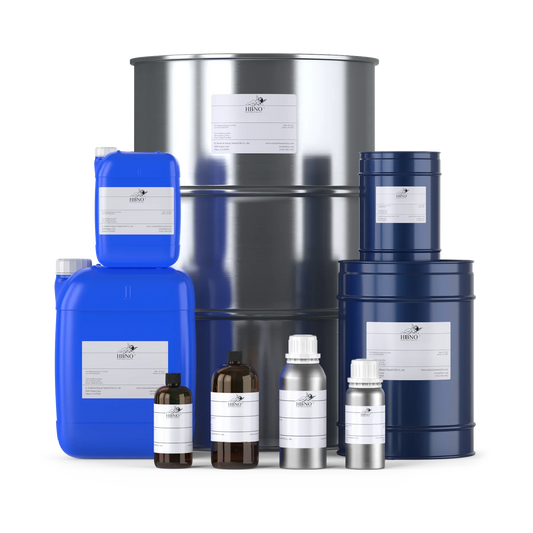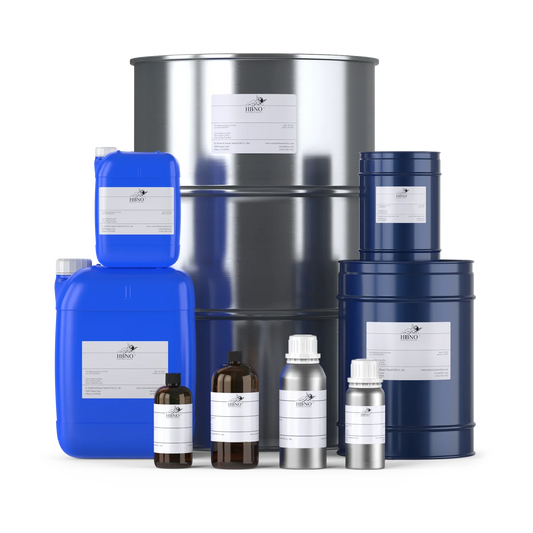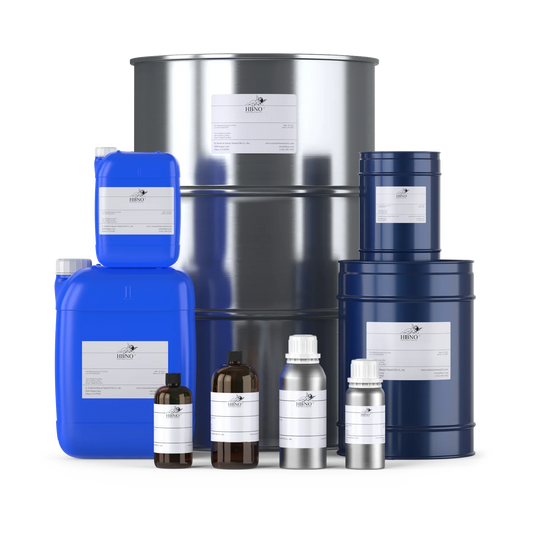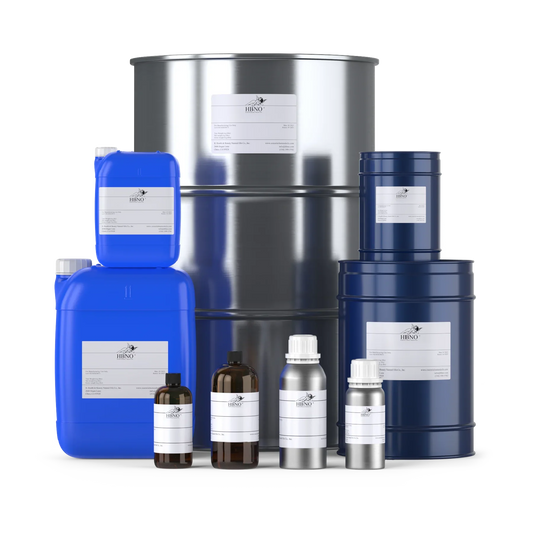Beverages,Teas
Here are some essential oils popularly used in tea beverages and their effects
Citrus oils
Spice oils
Herbal oils
Exotic oils
Important Tips for Home Preparations
- Always use food-grade essential oils.
- Start with a single drop or two, as essential oils are highly concentrated.
- Dilute in a small amount of water, honey, or syrup before adding to your tea.
- Add the essential oil after your tea has steeped to preserve its delicate flavor.
- Experiment cautiously and enjoy the exciting possibilities of essential oils in your tea journey
Use of Essential Oils in Commercial Tea Products and Premium Tea Brands
- High-end Earl Grey blends: Some luxury brands might use bergamot essential oil to enhance the classic citrusy Earl Grey aroma and taste along with traditional bergamot oil or extract.
- Unique flavor profiles: Specialty tea companies focusing on unusual flavor combinations might employ essential oils like jasmine, rose, or even basil to create distinctive experiences.
- Ayurvedic or herbal blends: Tea brands emphasizing natural ingredients and traditional uses might use essential oils like cinnamon, ginger, or cardamom for their warming properties.
Specific Product Categories
- Iced tea concentrates: Certain concentrated iced tea formulas could utilize citrus essential oils (lemon, orange) for a potent burst of zesty flavor.
- Fruit-infused tea bags: Some fruity tea blends might incorporate subtle hints of essential oils like grapefruit or lime to complement the fruit flavors.
- Organic or natural tea lines: Brands promoting clean and natural ingredients might use essential oils in limited quantities as an alternative to artificial flavors.










